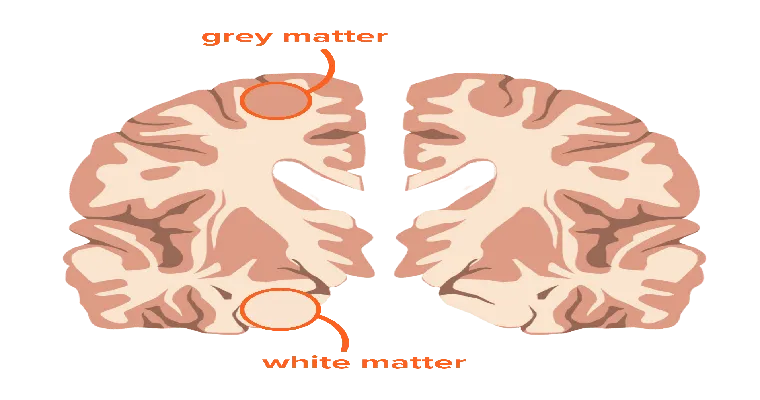Vascular dementia is a type of "dementia" that occurs due to problems in the blood supply to the "brain". It is the second most common form of dementia, following Alzheimer's disease. People with vascular dementia may experience a variety of cognitive challenges, including difficulties with "memory", "reasoning", and "planning". Understanding the causes, symptoms, and treatment options for vascular dementia is essential for anyone looking to support loved ones affected by this condition.
Causes of Vascular Dementia
The primary cause of vascular dementia is reduced blood flow to the brain, which can occur due to several factors. Conditions such as "stroke", "high blood pressure", and "diabetes" can lead to damage in the brain's blood vessels. When the brain does not receive enough oxygen and nutrients, cognitive functions can decline. In some cases, small strokes or a series of mini-strokes can accumulate over time, contributing to the development of vascular dementia.
Symptoms of Vascular Dementia
Symptoms of vascular dementia can vary significantly from person to person. Common "symptoms" include:
"Memory loss": Individuals may have difficulty recalling recent events or learning new information.
"Difficulty with problem-solving": Planning and organizing tasks can become challenging.
"Confusion": People may struggle to understand or follow conversations.
"Mood changes": Depression, anxiety, or changes in personality can occur.
Vascular dementia may also present with physical symptoms, such as weakness or difficulty walking, particularly if the condition is linked to strokes or other vascular issues.
Diagnosis of Vascular Dementia
To diagnose vascular dementia, healthcare professionals typically conduct a thorough medical evaluation. This includes:
A detailed "medical history" to assess risk factors and symptoms.
"Neurological examinations" to assess cognitive function and physical health.
"Imaging tests" such as MRI or CT scans to detect changes in the brain's blood vessels or signs of stroke.
Early diagnosis is crucial for effective management and can help in planning appropriate care and treatment.
Treatment Options for Vascular Dementia
While there is currently no cure for vascular dementia, several treatments can help manage symptoms and improve quality of life. Treatment strategies may include:
"Medications": Prescribing medications to manage underlying conditions such as high blood pressure, diabetes, or cholesterol can help reduce the risk of further vascular damage.
"Lifestyle changes": Encouraging a healthy lifestyle, including a balanced diet, regular physical activity, and smoking cessation, can benefit brain health.
"Cognitive therapies": Engaging in cognitive training and memory exercises can help maintain cognitive functions and support daily living skills.
Conclusion
Vascular dementia is a complex condition that affects many individuals worldwide. Understanding its causes, symptoms, and available treatment options can empower caregivers and families to provide better support for those affected. If you suspect that you or a loved one may be experiencing symptoms of vascular dementia, it is essential to consult a healthcare professional for a comprehensive evaluation and appropriate intervention. By taking proactive steps, it is possible to manage the condition and enhance the quality of life for individuals living with vascular dementia.





